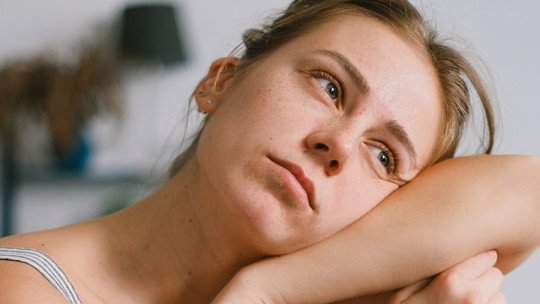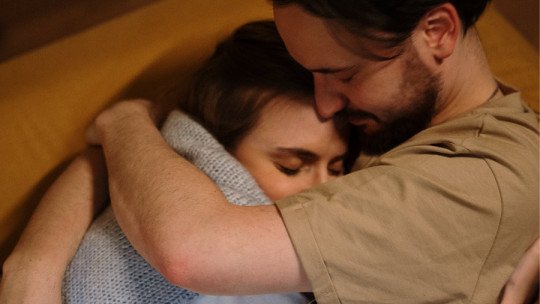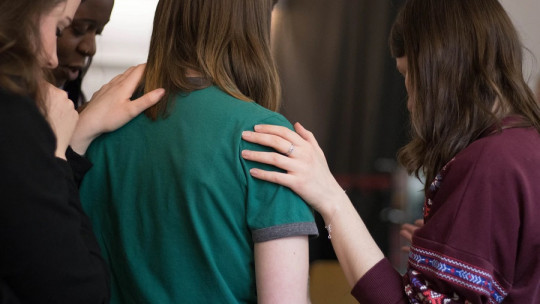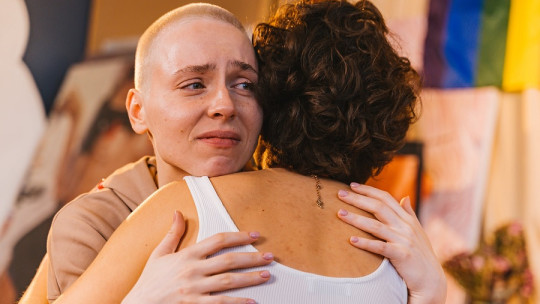
Getting married is one of the most significant changes that can occur in a person’s life. Of course, today, choosing the path of marriage is not a duty that we must all abide by, so the reason why one person decides to marry another can (and should!) differ. It is a decision first individually and then as a couple; Whether based on consolidating a life project together, on the desire to continue a family tradition, or simply because they wanted to.
Regardless of the reasons underlying such a decision, the fact of getting married means beginning to participate in an institution, marriage, and therefore in the social roles that accompany it. It is always good to question the way we behave according to the social functions we begin to perform. Otherwise, we run the risk of suffering the consequences of accepting the reality ball “as it comes to us,” without questioning whether the cultural guidelines of what being a good spouse should entail is congruent with the life we want to live.
However, it is also true that the assumption of a new marital status seems to go beyond roles and our ordinary reflection: different researchers have wondered if there could be a relationship between the adoption of a new social role and our mental health, know, how likely married people might be compared to single people to fall into an addiction The results are extremely interesting, so we will develop this topic in the following article.
From single to married: a change of identity
Although at a sociocultural level marriage has been painted as the culmination of romantic love, reality can be very far from that illusion. As we mentioned at the beginning, there are different factors—both individual, cultural, economic, migratory, etc.—that trigger the decision to get married. However, the fundamental problem with this movie vision of marriage is that it does not illustrate the fact that getting married could be the event capable of giving rise to a life crisis.
In general terms, life crises occur as a result of an event that could be sudden and shocking, such as an unforeseen move, a job offer or the loss of a loved one, but they could also occur due to desired situations that have been brewing for some time. , how to put the ring on the ring finger. The common point between life crises is that the person usually finds themselves facing a fork in the road, in which they must choose between two (and often more) paths to follow.
In the case of marriage, it is not just the question of whether I should get married or not, but another more fundamental one: Who do I want to be once I make this commitment? It is only there where it is possible to lower the stage lights and focus them on the complexity of this vital crisis. When getting married, a modification of the person’s identity is put into play, so it is totally understandable that the person is faced with a dilemma when facing the new challenge. Furthermore, marriage often tends to coincide with other life transitions, other potential “changes of being,” such as “being a father/mother” or “being an adult.” The diversification between who he or she was until then and who he or she wants to be gives rise to change, which could lead a person to modify certain behaviors strongly established in him or her to adjust to his or her new social role, different from that of being single.
The relationship between addiction and marital status
Normally, being single is staged through intense experiences, frequenting social events and going out to parties with friends, in which consumption habits that are harmful to health are often present. Its counterpart, marriage, tends to be characterized by a life that involves a greater degree of responsibility for oneself and one’s partner, where these substances are absent or reserved for special occasions. Now, when a person changes their marital status, and therefore assumes a new social role, Does the frequency of substance use change?
As a result of this question, a group of researchers from Virginia Commonwealth University studied the possible articulation between marital status and marriage according to two objectives. The first of them, to know if married men consume less alcohol, cannabis and tobacco than single or divorced men (as suggested by the social representation we have of them). Secondly, whether the transition from singlehood to marriage meant a change in the consumption habits of these psychoactive substances.
The results of this research suggest that, on the one hand, married men drink and smoke less than divorced and single men. Regarding their second objective, they found that the transition from singleness to marriage led to a significant reduction in the use of alcohol and marijuana, but not tobacco. These results are congruent with the social images that we construct around married and single people. Perhaps it could be because these representations penetrate deeply into our subjectivity once we are socialized within the institutional worlds of a society.
This happens even before getting married: as children, we watched our parents, uncles, grandparents, and partners around us behave in a certain way over time. The conclusions of this study are in line with previous literature on the topic, which suggests that getting married is a protective factor in health
Now, can we ensure that the cause of the reduction in substance consumption is due, in itself, to the fact of getting married? The reality is that no. Other research indicates that it is already healthy people who tend to marry their partners more frequently. Yes, we could affirm that single people are more unprotected against problematic consumption or a substance abuse disorder, and that they are also more likely to consume; But this does not mean that excessive use of alcohol or marijuana is intrinsically caused by being single or divorced, so to take care of our mental health it is not necessary to rush to the altar.








